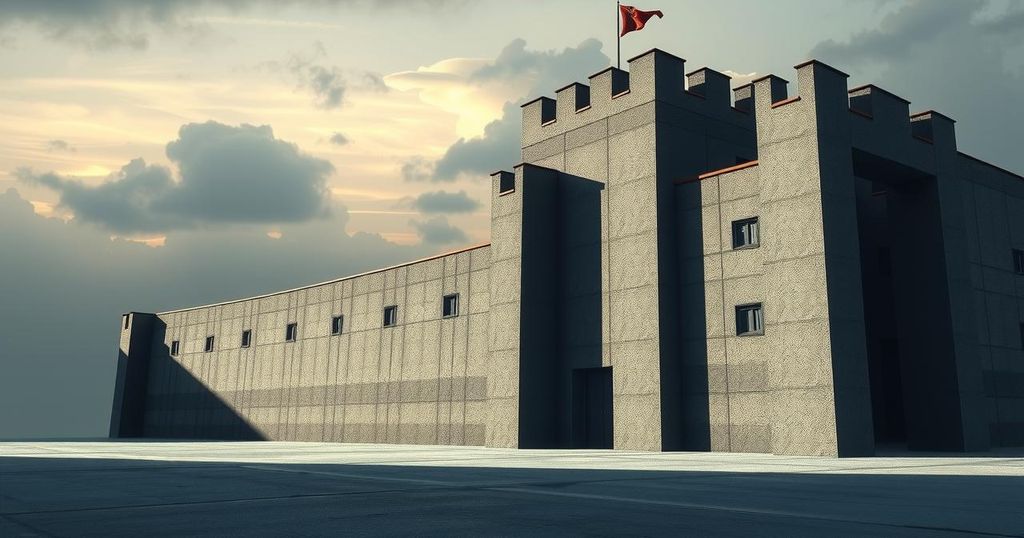Ecuadorian President Daniel Noboa’s authoritarian policies against organized crime have led to significant human rights violations, exemplified by the tragic death of Carlos Javier Vega, labeled a terrorist by the government. As voters prepare for the upcoming elections, the impact of Noboa’s iron-fist strategies on human rights and public safety remains a focal point of concern.
In Ecuador, President Daniel Noboa has adopted a severe approach to combat organized crime, resulting in significant human rights violations. The recent shooting death of Carlos Javier Vega, a 19-year-old who was inaccurately labeled a terrorist by the government, illustrates the troubling consequences of this policy. Despite public outcry and the prosecutor’s dismissal of the government’s narrative, no apologies have been issued.
Noboa’s administration has faced criticism for its increasing authoritarianism, exemplified by military actions against civilians and a failure to uphold constitutional protocols. The president’s controversial military operations have raised alarms about the deterioration of human rights and the impact on public safety, despite a purported reduction in drug trafficking.
Ecuadorians are headed to the polls as Noboa seeks re-election amidst claims of rampant violence and unprecedented military interventions. The president’s strategy has not resulted in reductions in violent crime, and widespread discontent over economic struggles adds pressure to his leadership.
Many residents grapple with extortion from gangs, raising concerns about safety in various neighborhoods. Analysts note that while drug shipments have been targeted, the violent crime rates and public fear remain unaddressed, leading to an atmosphere of distrust between citizens and state forces.
The aftermath of tragic incidents like Vega’s death has left affected families seeking accountability. As the election approaches, Noboa’s governance is under scrutiny, reflecting broader themes of governmental power, public safety, and human rights in Ecuador.
Ecuador’s recent surge in violence and organized crime has prompted President Daniel Noboa to implement a strict security policy known as “mano dura” or “iron fist.” This policy has been marked by military interventions and controversial tactics, including the labeling of civilian victims as terrorists, leading to significant public concern over human rights abuses. As Noboa seeks re-election, these issues, along with rampant crime and economic struggles, significantly influence the political landscape.
The unfolding situation in Ecuador highlights the tenuous balance between national security and human rights. President Noboa’s iron-fist approach raises profound concerns about democracy, public trust, and the legitimacy of state actions against civilians. As the nation prepares for elections, the legacy of increased violence and rights violations will undoubtedly weigh heavily on the electorate’s decisions.
Original Source: www.theguardian.com






